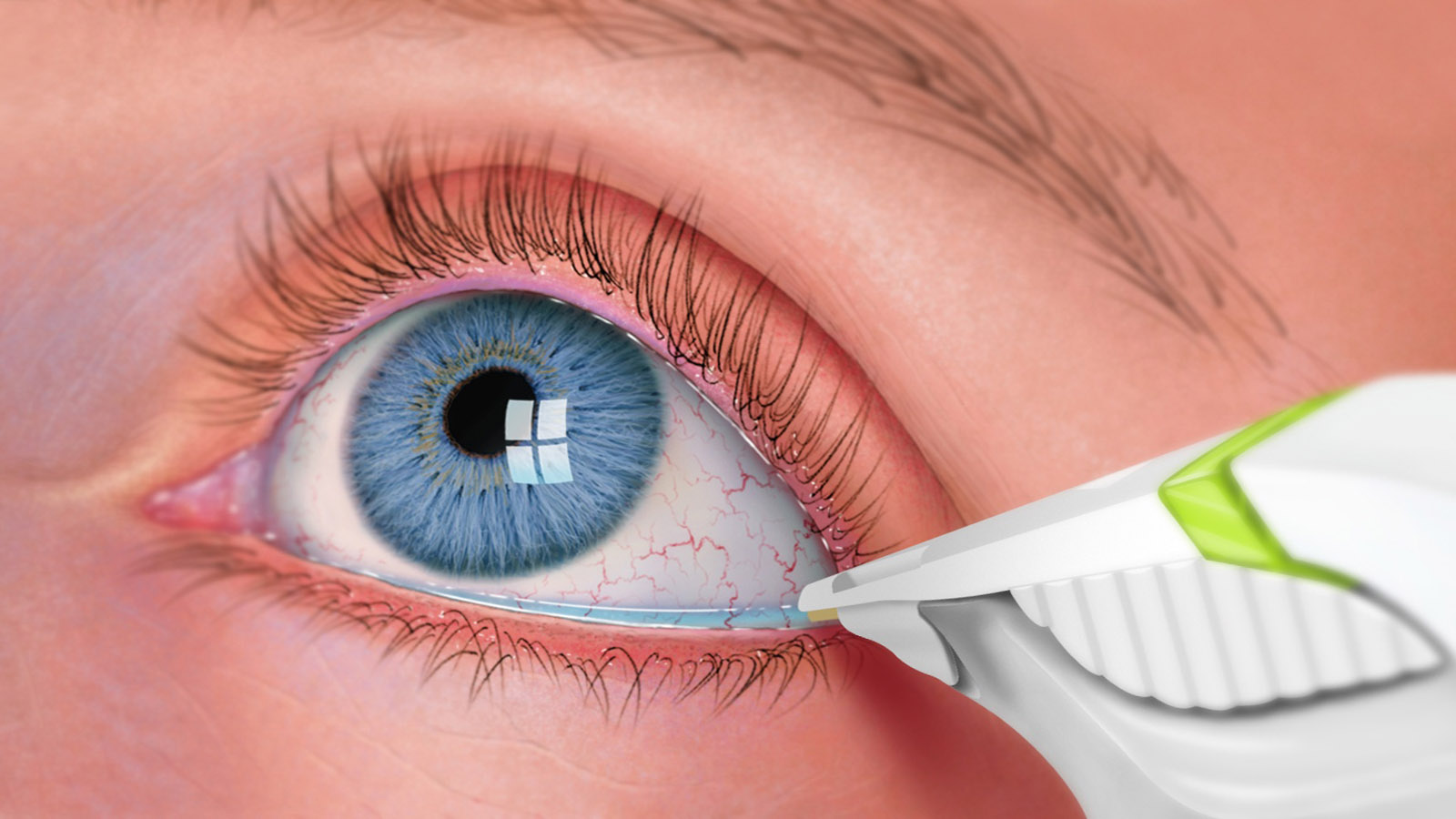Is Refractive Surgical Treatment Right for You? Factors to Take Into Consideration for Better Eyecare
In the realm of eye treatment, the choice to undertake refractive surgery is a significant one that demands thoughtful consideration. From the complexities of one's ocular health to the intricacies of individual expectations and daily habits, each aspect holds significance in the more comprehensive landscape of refractive surgical procedure candidateship.
Eye Health And Wellness Examination
When thinking about refractive surgical procedure, a thorough eye wellness examination is important to evaluate the suitability of the treatment for every individual. andalusia pediatrics. This examination includes a collection of examinations and evaluations carried out by an eye care professional to establish the total health and wellness of the eyes, the existence of any type of underlying conditions, and the security of the refractive mistake
During the assessment, various factors are taken into consideration, such as the patient's medical background, existing eye prescription, corneal density, pupil dimension, and tear movie quality. These assessments help to identify any contraindications to refractive surgical procedure, such as corneal problems, cataracts, or unattended eye infections. Additionally, the assessment helps to take care of client assumptions relating to the prospective end results of the surgical treatment based on their special eye qualities.
Eventually, the eye health assessment is crucial in ensuring the safety and security and performance of refractive surgical procedure, as it provides important insights into the individual's eye health and wellness condition and assists figure out one of the most suitable treatment options for achieving optimal visual results. (eye center andalusia)
Way Of Life Analysis
A detailed way of living analysis is essential in establishing the viability of refractive surgical treatment for an individual's visual improvement requirements. Way of living aspects such as profession, leisure activities, and everyday tasks play a critical role in the decision-making process pertaining to refractive surgical procedure.
Furthermore, lifestyle habits such as sporting activities engagement, exterior tasks, or also skin care routines can influence the healing process and overall success of refractive surgical treatment. By conducting an extensive lifestyle assessment, eye treatment specialists can customize their suggestions and treatment strategies to fulfill the special needs of each person, inevitably leading to enhanced aesthetic results and complete satisfaction.
Expectation Alignment

People need to understand that while many individuals attain 20/20 vision or much better adhering to refractive surgical treatment, some might still require glasses for specific tasks like reading or driving at evening. Taking care of these expectations aids prevent frustration and dissatisfaction post-surgery, leading to a much more favorable overall experience for the client.
Threat Analysis

Aspects click site that might enhance the threat of difficulties include age, particular medical problems like autoimmune diseases, unsteady vision prescription, thin corneas, and impractical patient expectations. Additionally, selecting a experienced and experienced doctor, following pre and post-operative treatment instructions carefully, and disclosing any pertinent case history can help reduce threats.
To minimize the probability of problems, eye doctors conduct detailed pre-operative examinations to recognize any contraindications to surgery. They additionally discuss the possible dangers and advantages with clients throughout the consultation process. By participating in open communication and shared decision-making, both the client and the eye doctor can collaborate to figure out if refractive surgical procedure is the appropriate selection based upon specific threat accounts and preferred results.
Assessment Relevance
Thinking about the critical duty of informed decision-making in assessing risks and possible difficulties in refractive surgery, the consultation procedure holds substantial value in assisting individuals towards optimal end results. Throughout the assessment, the ophthalmologist reviews the person's eye health and wellness, refractive errors, and overall viability for surgical treatment. This initial analysis is vital in figuring out the most ideal treatment for every individual, more considering aspects such as corneal thickness, student dimension, and existing eye conditions.
Moreover, the appointment functions as an opportunity for people to review their assumptions, concerns, and any kind of concerns they may have regarding the surgical procedure. Clear communication in between the individual and the cosmetic surgeon is necessary to guarantee realistic expectations and a thorough understanding of the possible dangers and benefits entailed.
In addition, the assessment enables the cosmetic surgeon to describe the different surgical alternatives offered, their respective outcomes, and the post-operative care required. This thorough discussion equips people to make well-informed choices about their eye treatment, bring about better satisfaction and results post-surgery.
Verdict
In conclusion, people taking into consideration refractive surgery ought to undertake a comprehensive eye health and wellness analysis, assess their lifestyle practices, straighten their assumptions with potential results, examine the affiliated risks, and prioritize examinations with eye treatment specialists. These elements play a crucial role in determining the suitability of refractive surgical treatment for every person, ensuring optimal outcomes and complete satisfaction with the procedure.
Clients thinking about refractive surgical treatment typically have high expectations concerning the outcomes, expecting perfect vision without the demand for glasses or contact lenses. While refractive surgery i thought about this can substantially improve vision and reduce dependence on aesthetic aids, it is essential for clients to understand that outcomes might vary based on private elements such as the level of refractive error, corneal density, and total eye health and wellness.
By involving in open interaction and shared decision-making, both the person and the eye doctor can function with each other to identify if refractive surgical procedure is the ideal selection based on private risk profiles and preferred results.
Thinking about the vital role of notified decision-making in examining dangers and potential issues in refractive surgery, the appointment procedure holds considerable relevance in guiding clients towards optimal outcomes. During the appointment, the ophthalmologist examines the client's eye health and wellness, refractive errors, and general suitability for surgical treatment.
Comments on “Andalusia Eye Doctors: Devoted Vision Look After Every Patient”